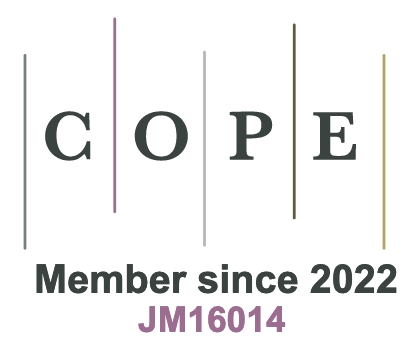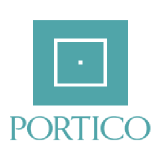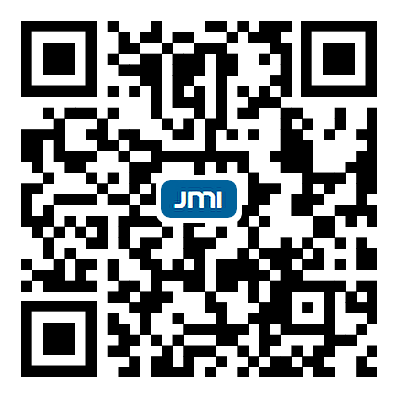Contents
Host

Prof. Yong Du
Central South University, Changsha, Hunan, China.
Dr. Yong Du, Male, born on Nov. 27, 1964. He is the Chinese director of the Sino-German cooperation group "Microstructure", vice director of the State Key Lab of Powder Metallurgy of Central South University, and vice director of Science Center for Phase Diagram & Materials Design and Manufacture, Central South University (CSU). He was selected to be National Outstanding Youth of National Natural Science Foundation of China in 2004, Cheung Kong Chair Professorship of Ministry of Education of China in 2006, group leader of Innovative Team of Cheung Kong Scholars and Innovative Research Team Develop Plan, Ministry of Education of China in 2005, Group leader of Innovative Research Team of National Natural Science Foundation of China in 2007. Currently, he is associate Editor of CALPHAD, associate Editor of Journal of Phase Equilibria and Diffusion, associate Editor of J. Mater. Informatics, Advisory Board of International Journal of Materials Research (formerly Z. Metallkd.), and Editorial member for Vacuum, Inter. J. Mining and Metallurgy and Acta Metall. Sinica. He received Ph.D degree from CSU in 1992. From August 1993 to January 2003, Dr. Yong Du worked in Tokyo Institute of Technology, University of Barcelona, University of Clausthal of Germany, University of Vienna, and University of Wisconsin-Madison as an invited researcher, research scientist, postdoctoral, and Alexander von Humboldt research fellow. His research fields include thermodynamics, phase diagram, diffusion, microstructure characterization, phase field method, and structure-property correlation of light alloys, cemented carbides, hard-coating, nuclear materials, and energy materials. So far, he has been awarded one First Class Prize of Hunan Provincial Natural Science, one Third Class Prize of National Natural Science, one best paper prize of APDIC (Alloy Phase Diagram International committee). He has published 802 papers with 10145 SCI citation in 40 well-known international journals, such as Chem. Mater., Acta Mater., Phys. Rev. B, Scripta Mater., Surface Coating and Technology, J. Am. Ceram. Soc., Metall. Mater. Trans. A, and CALPHAD. He published the book entitled" Computational design of engineering materials: fundamentals and case studies (Cambridge University Press, 497 pages, 2023)" in cooperation with Prof. R. Schmid-Fetzer and 4 Chinese scientists. He holds eight patents in China.
Speaker
Prof. Ji-Cheng 'JC' Zhao
University of Maryland, College Park, MD, USA.
Dr. JC Zhao has been Minta Martin Professor of Engineering and Chair of the MSE Department at University of Maryland since July 2019. He was a Program Director at DOE ARPA-E from 2014 to 2017 and was a professor at Ohio State from 2008 to 2014 and also from 2017 to 2019. Before academia, Dr. Zhao was a Materials Scientist at GE Research Center for 12 years (1995-2007). He holds 49 U.S. patents and was the 2001 recipient of the Hull Award from GE. Zhao is a Fellow of AAAS, ASM, MRS and TMS; and received the 2021 TMS William Hume-Rothery Award that "is presented annually to recognize a scientific leader for exceptional scholarly contributions to the science of alloys". Zhao was recently named a Fellow of the National Academy of Inventors (Class of 2022) and a member of the U.S. National Academy of Engineering (Class of 2023).
Abstract
Experimental techniques for rapid collections of materials data and holistic approaches to integrate experimental and computational data will be described with examples. Localized property measurements on composition gradients created in diffusion multiples allow high-throughput collection of several materials properties as a function of composition, in addition to phase diagrams and diffusion coefficients. Experimental phase diagram data are essential for reliable assessments of thermodynamic parameters for computational design of alloys. An approach was demonstrated to establish reliable diffusion coefficient (atomic mobility) databases by holistically integrating both experimental and computational data. This approach together with much simplified models for diffusion coefficient will enable more reliable diffusion databases to be established rapidly for various simulations of materials processes. An approach that iteratively and holistically integrate experimental results with model predictions can be very effective in both establishing materials databases and accelerating alloy design. Additive manufacturing (AM, 3D printing) also provides a great opportunity to further expand high-throughput experimentation and accelerated materials discovery.
Presentation

Prof. Ji-Cheng 'JC' Zhao
Topic: High-Throughput Experimental Measurements and Holistic Integration with Computational Data for Accelerated Alloy Design
NaN

Free discussion
NaN

JMI introduction
NaN






